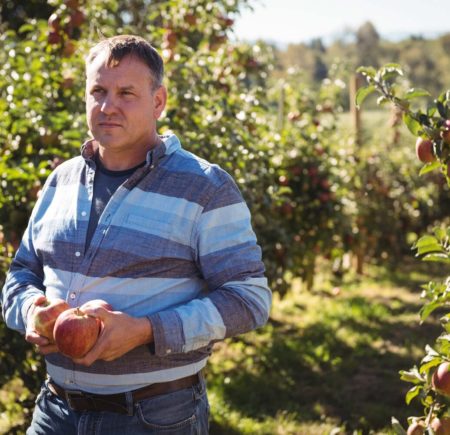

Microbreweries – Don’t Bottle It!
Sipping down a new zesty IPA from an unfamiliar brewery can be a beer drinkers ideal Saturday afternoon activity.
With changes in tax duty coming into play, will consumers be left with fewer options from breweries who are struggling to keep afloat through these challenging times?
With the talk of tax duty for breweries being lowered to only 2100 Hectolitres (HL), from the previous 5000 HL, breweries will have to adjust to the increase in out-goings. For some breweries, this will leave them with 2 options; increase their prices to allow them to continue with their innovation and creativity within the industry or lower their margins and bear with the financial burden.
We all know that Covid-19 has hit a load of companies extremely hard and cash-flow has hardly been more focal. To continue with growth across many industries, businesses must take advantage of government initiatives to support them during these turbulent times.
The R&D tax credits scheme is just one method that firms can take advantage of to help continue their growth, providing them with a substantial cash-injection. An excellent example of a beer producer who has undertaken activities in alignment with the R&D tax scheme is the SkinnyBrand’s Lager. The SkinnyBrand managed to produce a 4% lager with only 89 kcals per bottle. Enhancing the current state of the art, whether that is from a taste perspective or process perspective, is an example of areas that can be assessed within the scheme.
A big global topic now is sustainability and how companies are looking to act against global warming and reusing or reducing resources. One of the biggest players in the game, Heineken, have taken a proactive approach on this by replacing their plastic holders with recycled cardboard holders. Several beer firms have already adopted this approach which has been received extremely well. In my personal opinion, not all innovations of this type have quite worked as well mind…
The paper straw. Whoever felt paper straws were a suitable substitute for plastic straws? There is nothing worse than being left with a cola-soaked-dissolving paper straw which no longer represents a straw but rather like a flower stem that has not received any love and attention for 2 weeks. I feel that all the major restaurant chains are missing a trick of charging 50p for a telescopic straw that people can easily transport around with them which can be easily reused. Simple. Compact. Effective. Chris Kempczinski – what’d you say?
All opinions and jokes aside, this just reiterates the point that companies of all sizes have their challenges. Due to their financial backing and resources, overcoming these “work-in-progress” projects is far less challenging than the struggles felt by their smaller counterparts.
If after reading this article you consider one thing, opt to shop at your smaller/local businesses and help them thrive, rather than pouring money into the pocket of multi-billion conglomerates who are looking to fund their next £50m yacht rather than support growth here in the UK.


